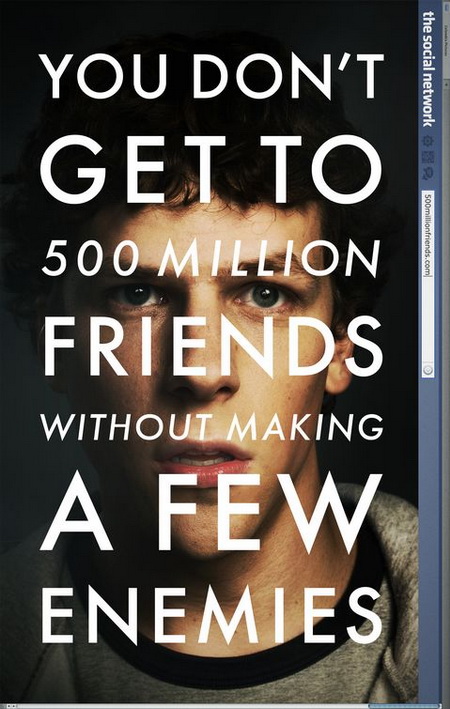Earlier this year, Reebok International Limited, well-known manufacturer of shoes and apparel alike, was accused of producing false facts in marketing their “EasyTone” and “RunTone” shoe line. As of today, Reebok has agreed to pay a $25 million refund towards settling the lawsuit made by the Federal Trade Commission (FTC).
Since 2009, advertisements promoting Reebok’s “toning” shoes, claimed the shoes were able to strengthen one’s leg muscles by 11%, and tone one’s buttox by 28%. According to the FTC, these “proven” facts were unsupported. However, the claims were a huge success and Reebok generated $1 billion dollars in revenue in 2010.
 “Settling does not mean we agree with the FTC’s allegations; we do not.” – Reebok Spokesperson.
“Settling does not mean we agree with the FTC’s allegations; we do not.” – Reebok Spokesperson.
Aside from the somewhat absurd claim that these oddly-shaped shoes can tone one’s body rather than create injury, Reebok’s “11%” and “28%” strengthening and toning facts respectively, are questionable. Blatantly speaking, if these facts were “proven” true, why was Reebok unable to provide said proof? Consumers from now on will question the validity of Reebok’s new product claims and feel deterred from making a purchase. As discussed in class, consumer perception of the Reebok brand has faltered. Reebok now has the difficult task of reestablishing themselves in the consumers’ mind and mend this negative point of difference.
Article: Here

